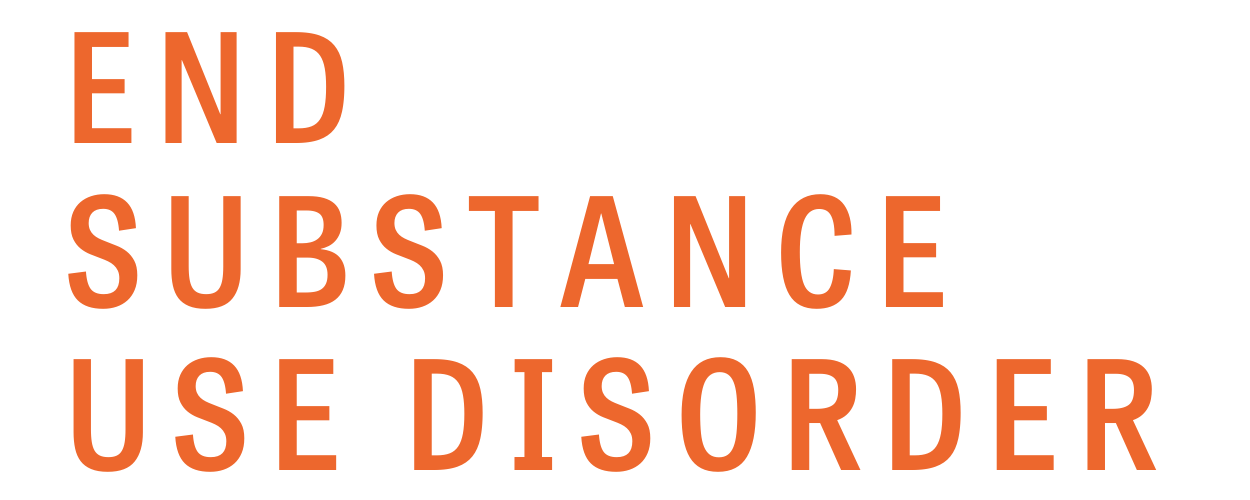End Substance Use Disorder Applauds U.S. House for Passing the Bipartisan Restoring Hope for Mental Health and Well-Being Act of 2022 (H.R.7666)
On Wednesday, June 22, the U.S. House of Representatives passed the Restoring Hope for Mental Health and Well-Being Act of 2022 (H.R.7666) by an overwhelming bipartisan majority. End Substance Use Disorder applauds the passage of the bill and its Mainstreaming Addiction Treatment Act (MAT) Act provision, which will prevent overdoses, increase access to treatment, and reduce stigma. End Substance Use Disorder released the following statement:
“We all have felt the heartache of substance use disorder. The sleepless nights filled with worry, the struggle to find treatment that can help us and our loved ones heal, and the pain of losing family members and friends to overdoses,” said Erin Schanning, president of End Substance Use Disorder and a big sister who lost her little brother, Ethan, to an overdose.
“For too long, stigma and outdated policies have isolated people with substance use disorder and their families. This stigma has blocked access to effective treatment and the support proven to prevent overdoses and secure recovery.
We all deserve peace of mind in knowing that we can access the care we need to be well without facing stigma or shame. We are grateful to members of Congress from both parties for coming together to pass long overdue and common-sense solutions that can extend hope and healing to millions in need.
In particular, we thank the U.S. House for passing the Mainstreaming Addiction Treatment Act by a strong bipartisan vote. The U.S. House’s passage of this lifesaving legislation will open the doors of treatment and recovery in every community across the country. The MAT Act stands for hope, healing, and belonging. We urge the U.S. Senate to pass the MAT Act with the urgency needed to keep our loved ones safe from overdoses and our families whole.”
The Mainstreaming Addiction Treatment Act (MAT Act, H.R. 1384 / S. 445) will help integrate substance use treatment into the health care system by equipping health care providers with a safe and effective medication to protect against overdoses and support recovery. This medication, buprenorphine, is recognized by public health officials as a gold standard of care for opioid use disorder. It cuts the risk of overdose death in half by preventing painful withdrawal symptoms and reducing opioid cravings. People are far more likely to achieve recovery when they have access to buprenorphine than when pursuing other treatments. In addition, Veterans who receive the medication are 65% less likely to commit suicide.
But, due to outdated federal rules, only about 1 in 10 people with opioid use disorder receive medications for the condition, including buprenorphine. Federal law allows all medical providers with a controlled medication license to prescribe buprenorphine to people in pain. But to prescribe the exact same medication to a person with substance use disorder, healthcare providers are subject to onerous requirements, including a 2-3 month registration process with the federal government, limits on the number of patients they can treat, and inspections of their patient records. These restrictions foster stigma: They do not apply to any other medical condition in the country. The National Academy of Sciences, Engineering, and Medicine has said these restrictions on prescribing a safe, effective recovery medication are outside the bounds of evidence.
The Mainstreaming Addiction Treatment Act removes these outdated barriers and allows all health care providers with a standard controlled medication license to prescribe buprenorphine for opioid use disorder just as they prescribe any other essential medication. The MAT Act will help stem overdose deaths across the country - particularly among Veterans, communities of color, pregnant people, and rural communities, all of whom suffer from a severe lack of access to this lifesaving treatment.
This Congress, the MAT Act was among the most broadly supported bills in the House (H.R. 1384) with nearly 250 Democratic and Republican cosponsors. The Senate version of the bill (S. 445) is led by Sen. Maggie Hassan (D-NH) and Sen. Lisa Murkowski (R-AK) and is fully bipartisan, with an equal number of Democratic and Republican co-sponsors. Both President Biden and President Trump took executive action on the policy and both of their former Directors of the Office of National Drug Control Policy have called for Congress to pass the MAT Act.
End Substance Use Disorder built and leads a coalition of more than 460 organizations supporting the policy behind the MAT Act. These organizations represent and serve millions of Americans and include people and families personally affected by the overdose crisis, recovery groups, social justice advocates, law enforcement, faith-based communities, healthcare and behavioral health providers, payers, and public health experts.
End Substance Use Disorder especially thanks Reps. Paul Tonko, Mike Turner, Antonio Delgado, and Anthony Gonzalez for their sponsorship of the MAT Act and their diligence in ensuring the policy’s inclusion in H.R. 7666. We also thank the House Energy and Commerce Committee Chair Frank Pallone Jr. and Ranking Member Cathy McMorris Rodgers for their leadership in passing the Restoring Hope for Mental Health and Well-Being Act of 2022.
As the Senate creates a companion bill to H.R.7666, we will urge Chair Patty Murray and Ranking Member Richard Burr of the Senate Health, Education, Labor, and Pension (HELP) Committee to take up and pass the MAT Act.
In 2021, the United States lost nearly 108,000 people to drug overdose — an unfathomable tragedy. Each person who died from an overdose last year left behind family members, friends, and communities. Overdose deaths are preventable with common-sense solutions like the MAT Act. By passing a companion bill that includes the MAT Act, the Senate can prevent future deaths and help people with substance use disorder find recovery.
For media inquiries, please email us at media@endsud.org.
